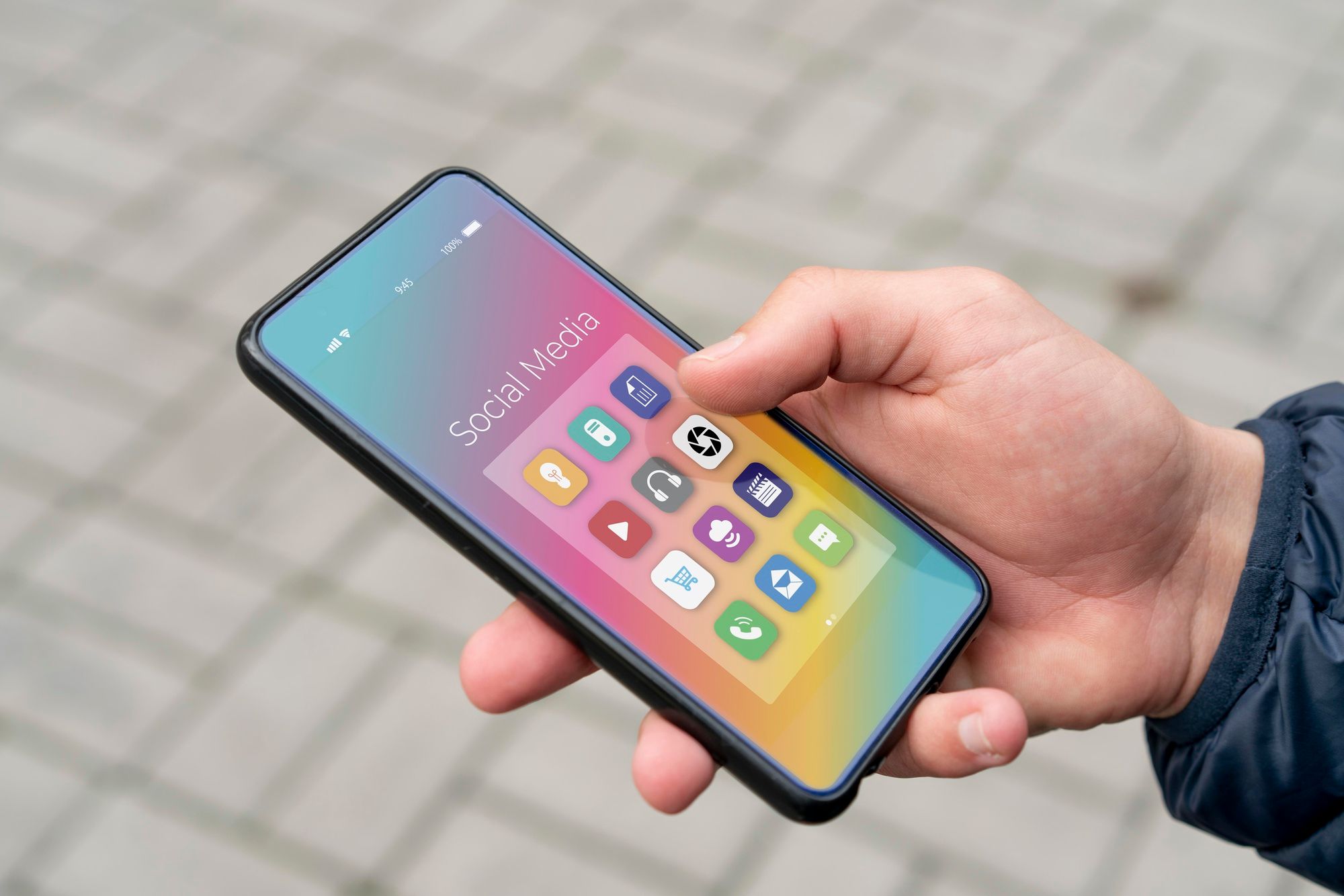When it comes to selecting an internet service provider (ISP), there are a lot of options to consider. The three most well-known providers in the United States are AT&T, Verizon, and T-Mobile. Each company has its own set of strengths and weaknesses, so it’s important to compare them to determine which one is right for you. In this article, we’ll be comparing AT&T, Verizon, and T-Mobile in terms of pricing, speed, and availability.
Pricing
Pricing is a crucial factor when selecting an ISP. AT&T and Verizon both offer a range of pricing options depending on the type of internet connection you choose. AT&T offers a range of plans, from their basic Internet Basic plan for $45 per month to their high-speed Internet 1000 plan for $60 per month. Verizon’s plans are a bit more expensive, with their basic Internet 200 plan starting at $39.99 per month and their Fios Gigabit Connection plan costing $79.99 per month. T-Mobile, on the other hand, offers a single plan, which is their Home Internet plan for $60 per month.
Speed
Another important factor to consider is internet speed. All three providers offer a range of internet speeds, so it’s important to know what you need before choosing a plan. AT&T’s fastest plan, Internet 1000, offers speeds of up to 1 gigabit per second (Gbps), while their slowest plan, Internet Basic, offers speeds of up to 5 megabits per second (Mbps). Verizon’s fastest plan, Fios Gigabit Connection, offers speeds of up to 940 Mbps, while their slowest plan, Internet 200, offers speeds of up to 200 Mbps. T-Mobile’s Home Internet plan offers speeds of up to 100 Mbps.
Availability
Availability is another important factor to consider when selecting an ISP. Not all providers offer service in all areas, so it’s important to check availability before choosing a provider. AT&T offers service in 21 states, while Verizon offers service in 10 states. T-Mobile’s Home Internet plan is currently only available in a limited number of areas, so it’s important to check availability before signing up.
Customer Service
Customer service is also an important consideration when choosing an ISP. AT&T, Verizon, and T-Mobile all have a customer service department that is available to answer questions and address issues. AT&T and Verizon both offer phone and online support, while T-Mobile only offers online support. However, T-Mobile does offer a chat function on their website for customers to communicate with support representatives. AT&T and Verizon both have a reputation for good customer service, while T-Mobile’s customer service is still relatively untested due to their new entry into the home internet market.
Additional Features
Lastly, it’s important to consider any additional features that each provider offers. AT&T offers a range of additional features, including a Wi-Fi gateway, parental controls, and the option to add TV service. Verizon offers similar features, including a router with Wi-Fi capabilities, parental controls, and the option to add TV service. T-Mobile’s Home Internet plan comes with a router and the option to add TV service, but does not currently offer parental controls.
Conclusion
When it comes to selecting an internet service provider, there are a lot of factors to consider. AT&T, Verizon, and T-Mobile all offer a range of plans with varying pricing, speed, and availability. In terms of pricing, T-Mobile offers a single plan for $60 per month, while AT&T and Verizon offer a range of plans with varying prices. When it comes to speed, AT&T and Verizon offer faster plans than T-Mobile, with their fastest plans offering speeds of up to 1 Gbps and 940 Mbps, respectively.








